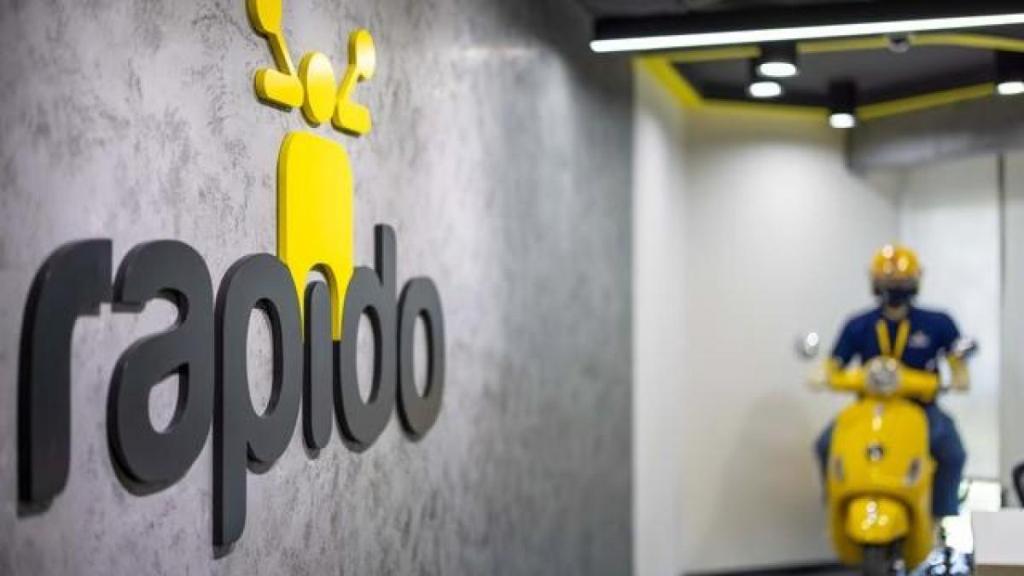Ride-hailing platform, Rapido, is preparing to foray into the food delivery space by July, as it seeks to challenge entrenched players Swiggy and Zomato. According to sources familiar with the matter, the company is finalising whether to launch the service first in Delhi-NCR or Bengaluru, and has already held discussions with restaurant and QSR chains to understand operational requirements.
The new platform will mark Rapido’s official entry into a market dominated by Swiggy and Zomato, which together account for an estimated 95% share. While Rapido currently provides logistical support for Swiggy and the Open Network for Digital Commerce (ONDC), its move into food delivery appears to be strategically timed.
The company is reportedly considering two parallel approaches for its food delivery rollout. One model would involve integrating restaurants into the Rapido app with lower commissions than the industry norm of 25–35%. The other is a commission-free subscription-based SaaS (Software-as-a-Service) offering, where restaurants pay a fixed monthly fee to access Rapido’s ordering technology and delivery fleet. This strategy mirrors Rapido’s successful switch to a subscription model in its ride-hailing business last year, which helped the company surpass $1 billion in gross merchandise value.
Rapido’s food delivery venture comes at a time of growing unrest among restaurant partners over high commission rates and the competitive practices of established platforms. Swiggy and Zomato have faced criticism for launching their own cloud kitchen brands, Snacc and Bistro, respectively, which some restaurateurs argue creates conflicts of interest. Rapido appears to be capitalising on this discontent, offering a more affordable alternative that could help partners lower customer prices while improving margins.
Recently, Rapido raised approximately $500 million from Prosus and WestBridge Capital, funds that are expected to support the new venture. With over 3 million daily rides and a growing market share in the cab segment, 20%, compared to Uber’s 50% and Ola’s 30%, Rapido is positioning itself as a serious competitor in adjacent verticals.


